A special series
Scanning the World for Solutions
Schools around the world are finding ways to improve learning, equity, and well-being.
Their best practices can be adopted here in the U.S.
read the stories
About this Project
This series features promising educational solutions in other countries that hold potential for improving teaching and learning in U.S. schools. CRPE has spent decades researching systemic barriers to equity and excellence in schools. But good ideas do not stop at national borders—educators across the globe seek to nurture equitable and excellent educational opportunities. The stories in this series center compelling ideas with a track record of success in other parts of the world. We believe they could help U.S. educators hasten students’ mastery of foundational skills, address adolescent mental health, and rethink school staffing arrangements. Each story also includes suggestions for how leaders stateside can adopt, adapt, and scale these practices.
Literacy for all
THE STORY OF SOBRAL
Sobral, a municipality of 200,000 in the rural Brazilian state of Ceará, became the top-ranked elementary school system in the country, despite its limited resources. An upcoming report will detail how they achieved this incredible feat – and how any city in America can follow in their footsteps.
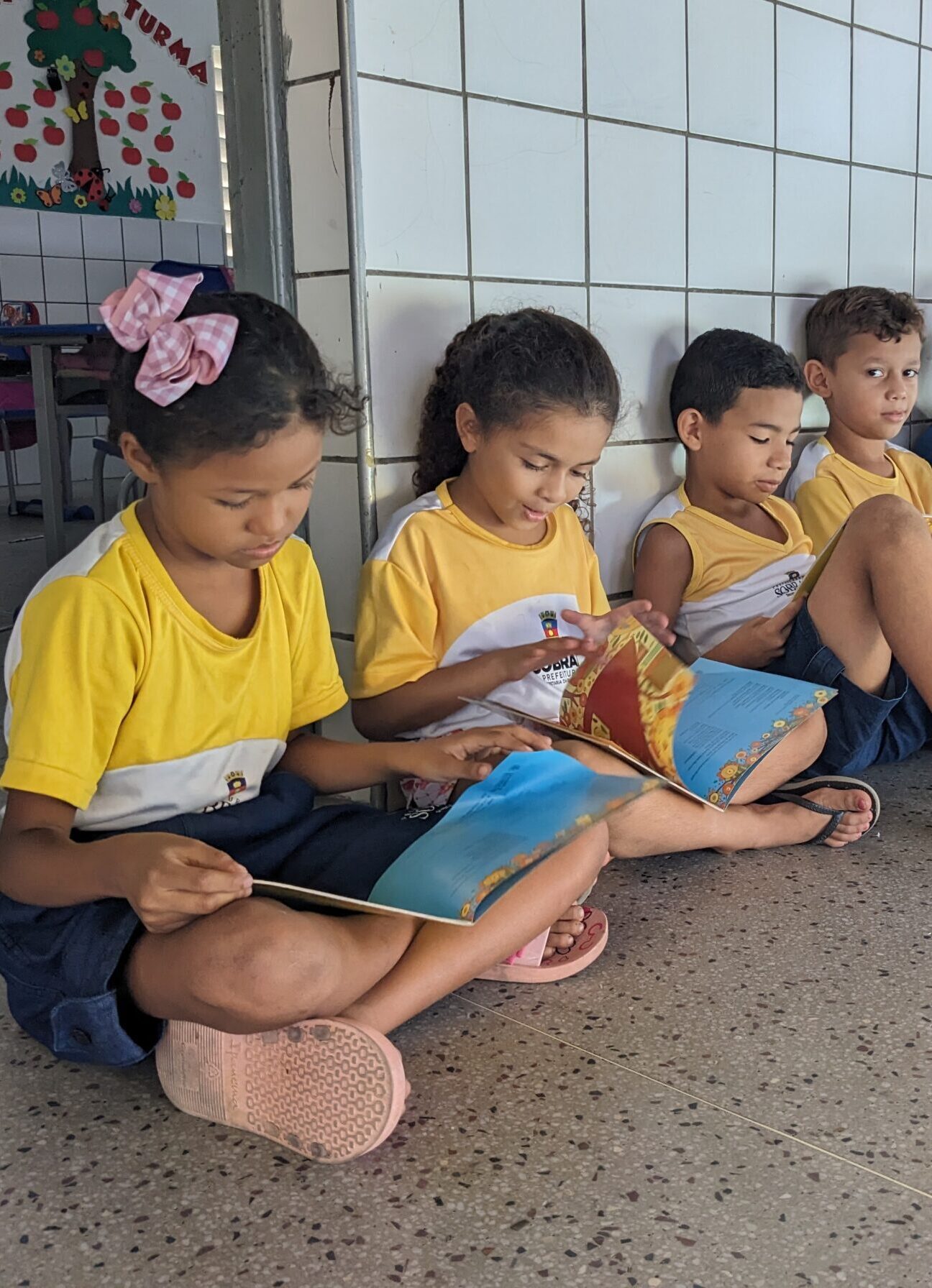
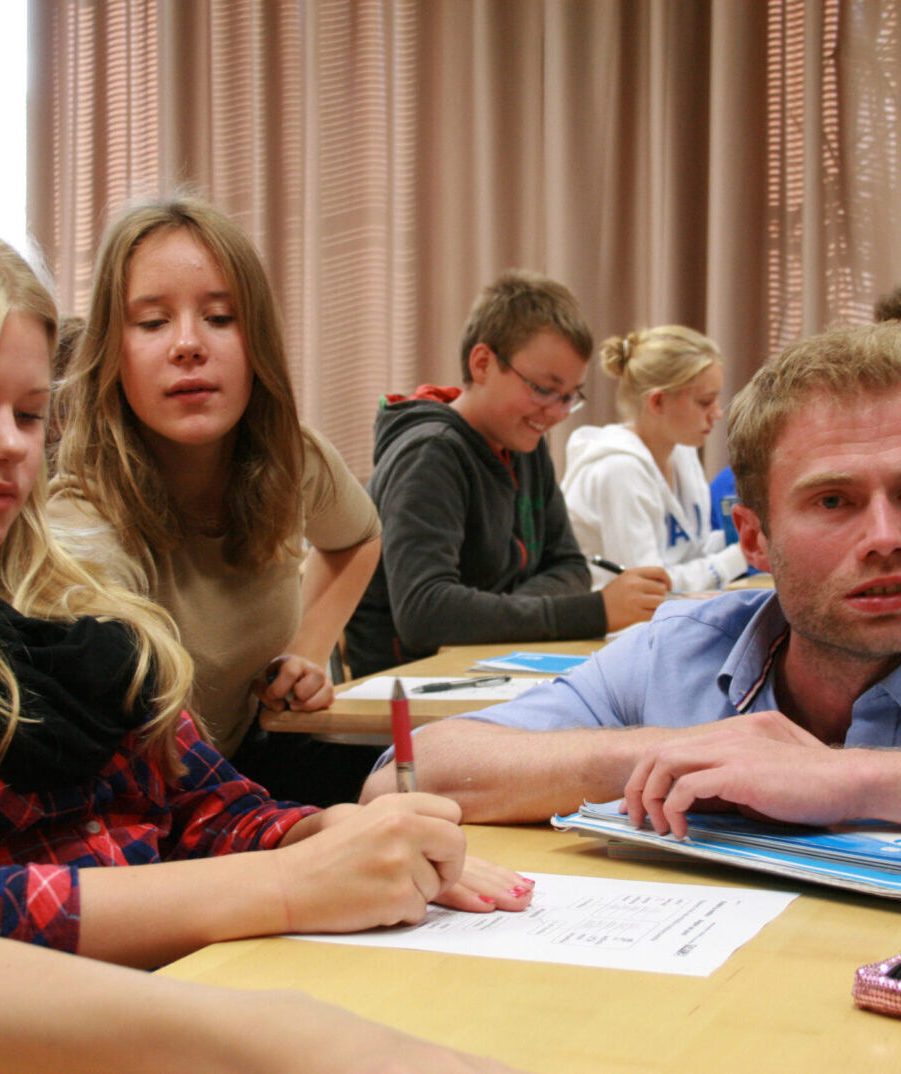
Beyond Finland
public school solutions from around the globe
For more than a decade, Finland has captured the education world’s attention because of its students’ strong performance on international exams and its high standards for teacher training. But especially in the wake of the pandemic, ideas for improving achievement can be found in many other countries, and even Finnish educators are looking for new solutions.
Low cost, big gains
FAMILY PHONE TUTORING TARGETS LEARNING LOSS
Schools are hungry for cost-effective strategies that can help students accelerate mastering foundational academic skills. One tutoring approach that has significantly raised math achievement in a dozen countries is worth a look for U.S. schools.
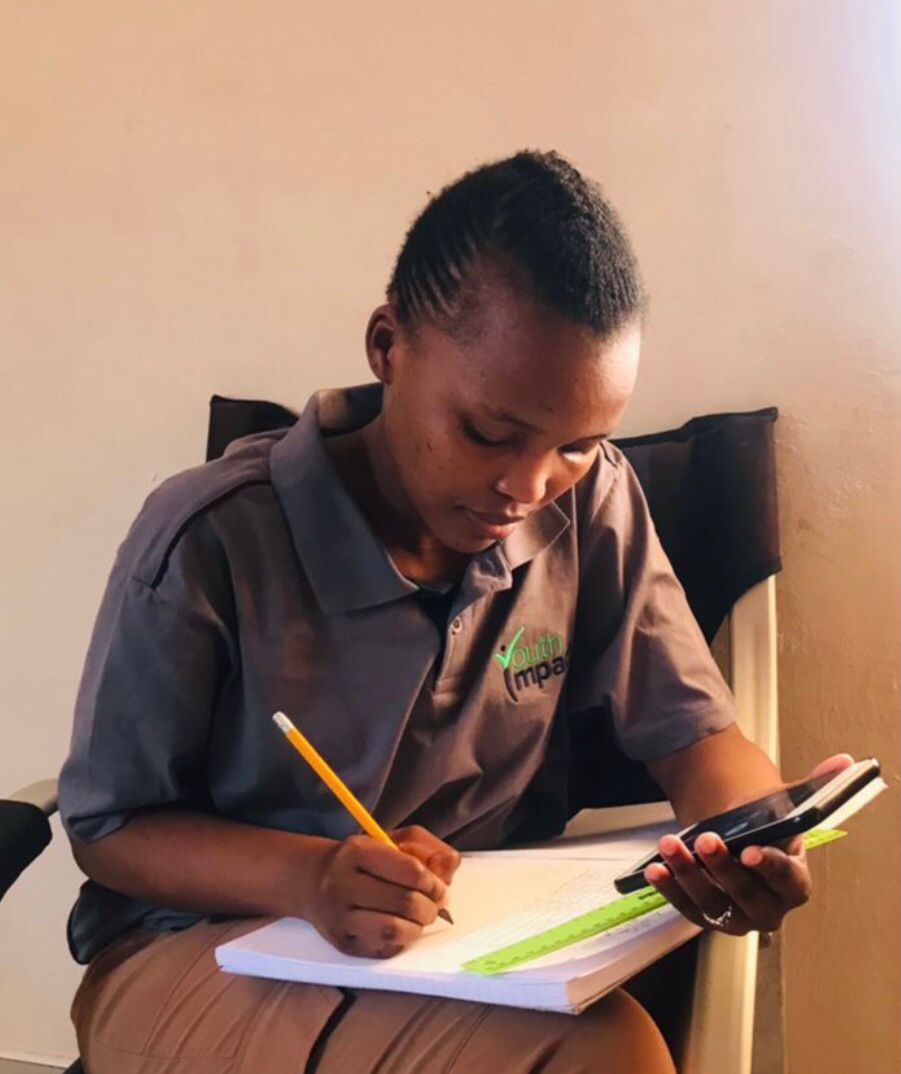
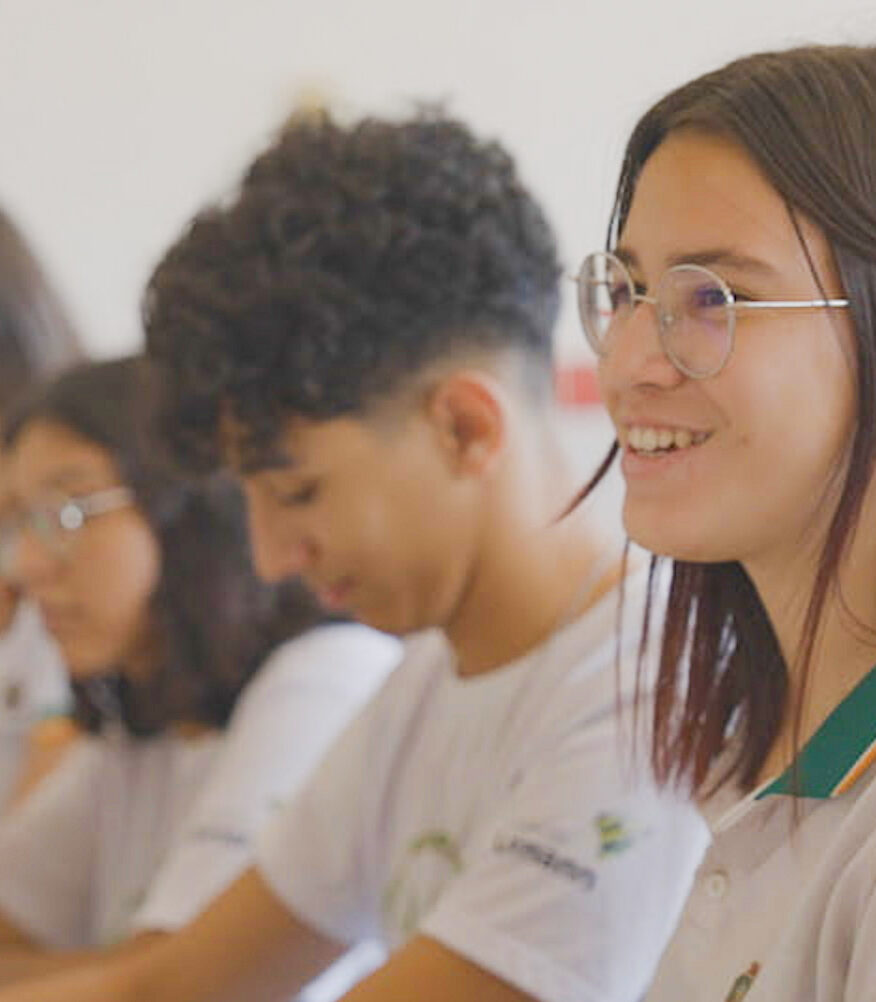
Peer pressure, for a purpose
cooperative learning in brazil
Peer-to-peer learning methods led to unprecedented academic achievement in the rural community of Cipó, Brazil. This model could serve as a valuable strategy for post-pandemic learning recovery in the U.S., fostering collaboration and inspiring future educators.
Peer-to-peer learning in Cipó
COOPERATIVE LEARNING IN BRAZIL
Peer-to-peer learning methods led to unprecedented academic achievement in the rural community of Cipó, Brazil. This model could serve as a valuable strategy for post-pandemic learning recovery in the U.S., fostering collaboration and inspiring future educators.
Near Peer Mentors
Learner guides model success, improve outcomes for younger students
In Sub-Saharan Africa, students who have recently graduated return to their communities as mentors for younger peers. This program has demonstrated significant positive outcomes for both mentors and mentees alike. Could the U.S. benefit from investing more in similar programs?
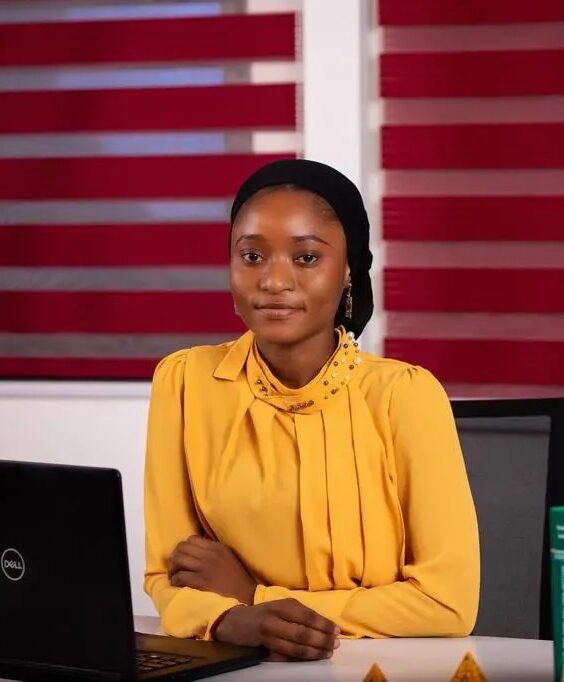
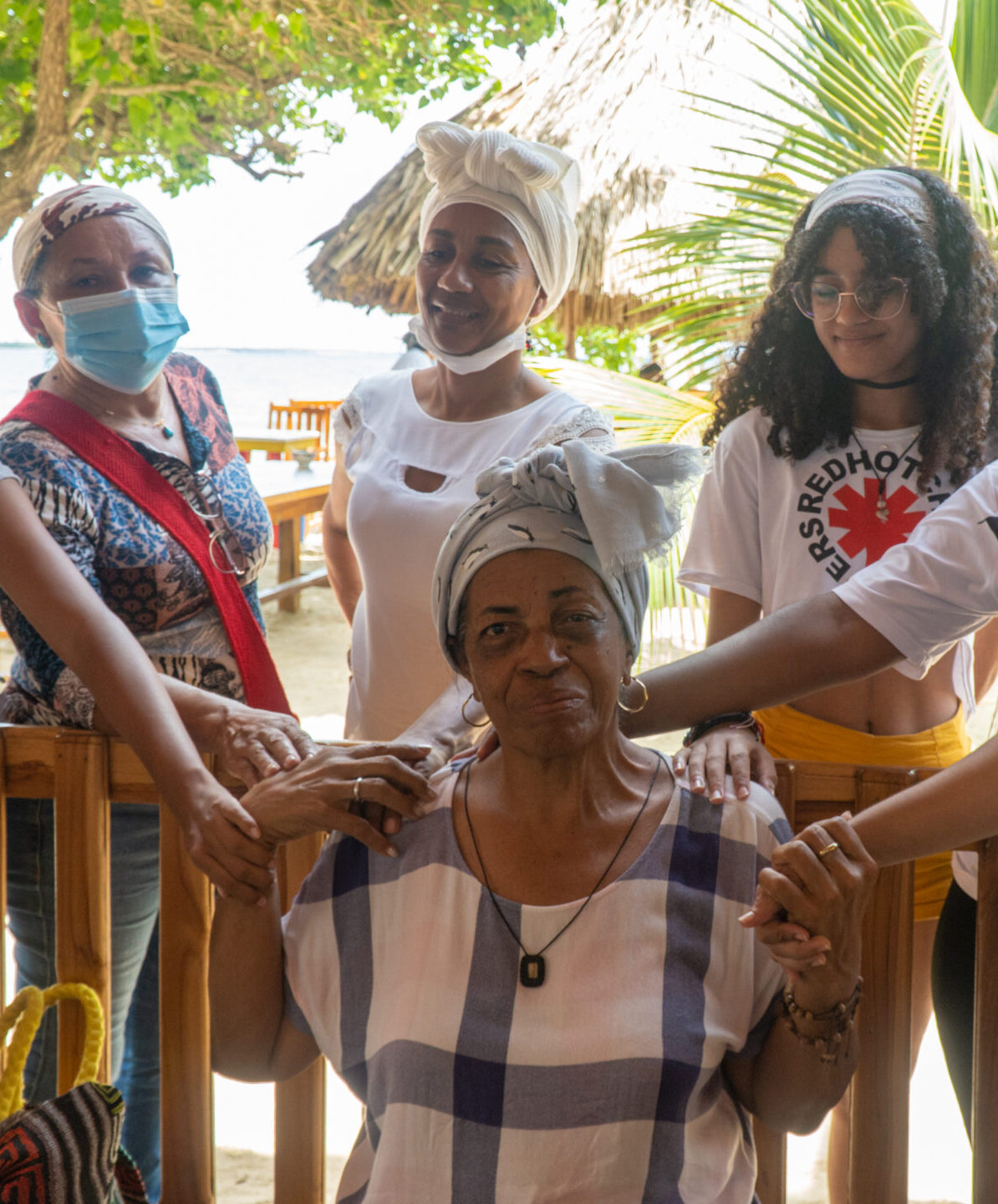
Intergenerational Learning
CONNECTING THE PAST TO THE FUTURE
Inevitable demographic shifts are about to create a fast-growing population of skilled older workers. At the same time, advances in public health and medicine make it likely that more of those adults will live longer and stay healthy long enough to work for many years past the traditional retirement age. The upshot: schools may be able to mitigate their staffing shortfalls if they can organize to attract, develop, and retain older adults.
Other Work on International Solutions
CRPE & Brookings
We gratefully acknowledge the contributions of Rebecca Winthrop, Adam Barton, and their colleagues at the Center for Universal Education at the Brookings Institution. Their prior work illuminating international education practices through the Global Catalog of Education Innovations in 2018 was an essential foundation for this project. See Leapfrogging Inequality: Remaking Education to Help Young People Thrive for more information.


